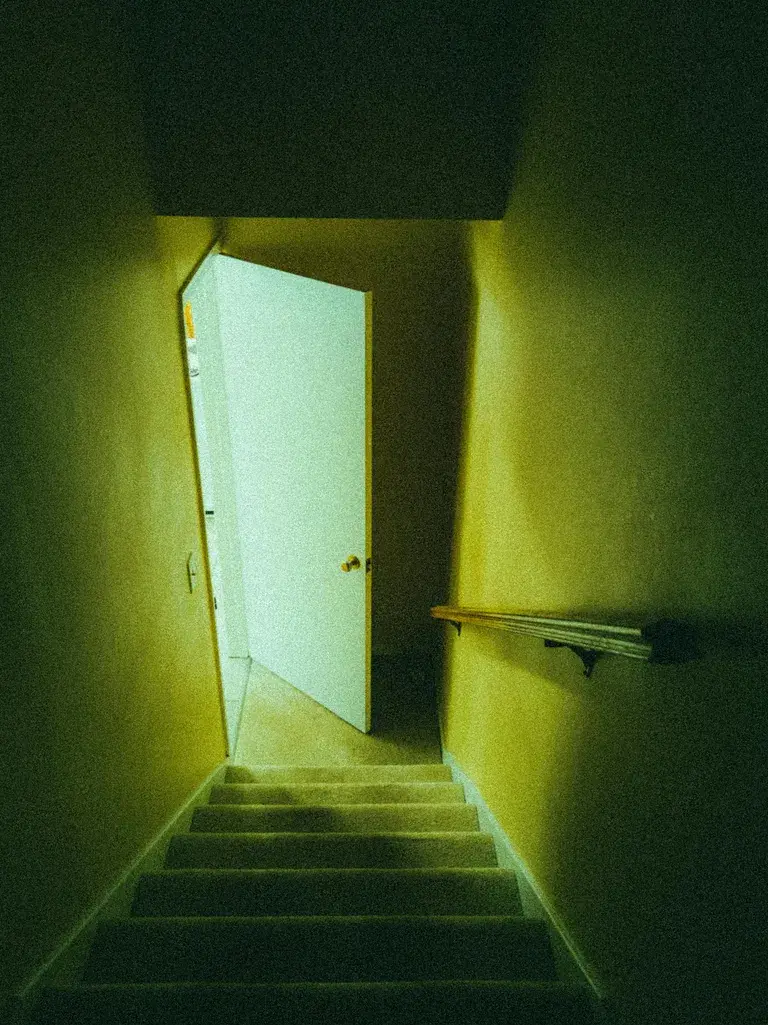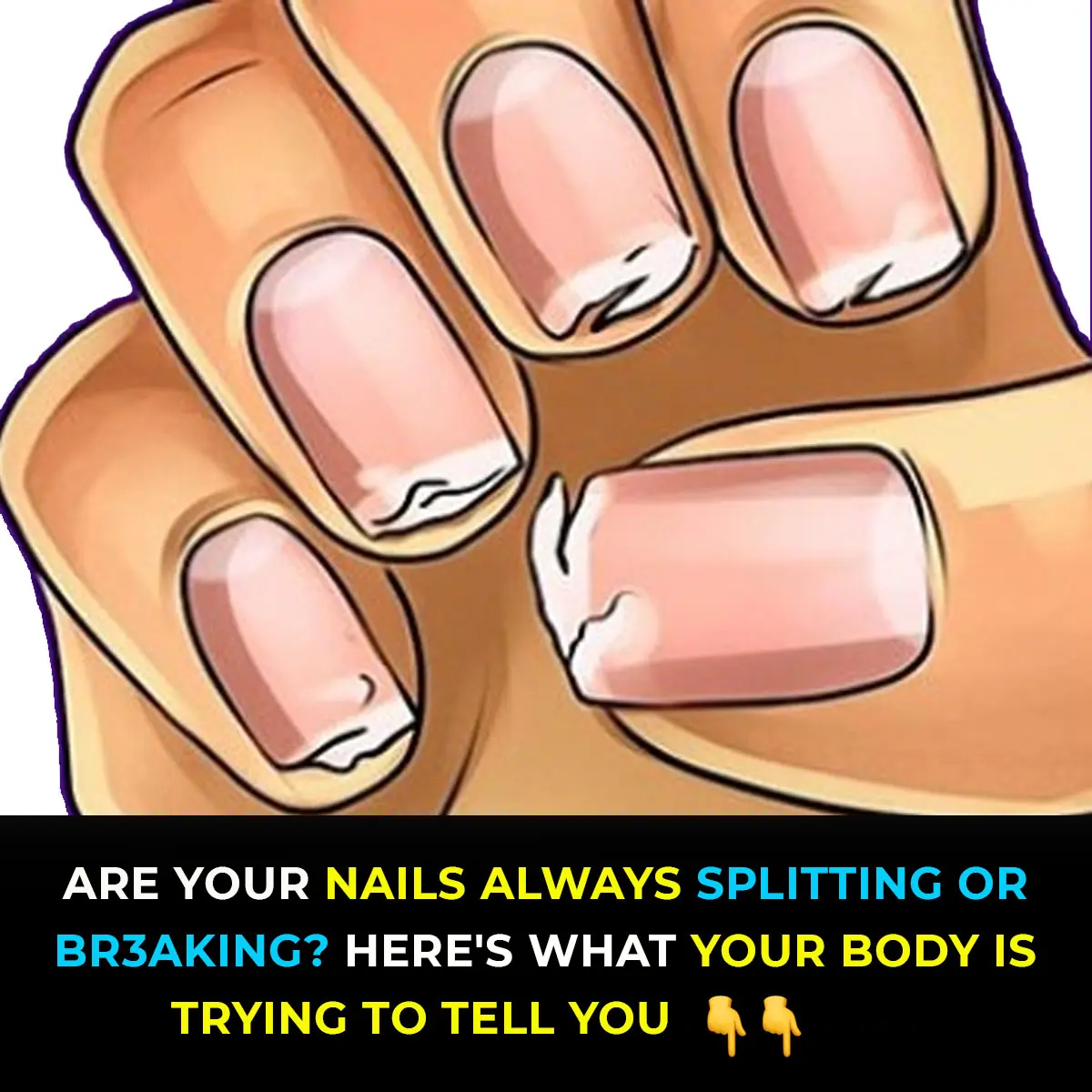
Why Does My Heart Hurt? Common Reasons For Heart or Chest Pain
Why Does My Heart Hurt? Common Reasons For Heart or Chest Pain
Feeling like your heart hurts can cause you a lot of worry and stress. The reasons for chest or heart pain are many, and not all causes of pain in your heart area are a sign that you have cardiac pain. For example, your heart can hurt because of indigestion, stress, chest muscle strain, or lung problems. However, pain in the heart area could be related to problems with your heart or arteries, so you should always get squeezing or unexplained chest pains checked out.
Many times when your heart hurts, you will have other accompanying symptoms that can help diagnose why your heart feels sore. For example, serious chest aches usually radiate to your left arm, shoulder, or jaw. However, signs of heartburn may also cause an aching heart along with a burning sensation in your upper abdomen. A heart that hurts with jabbing pains when you cough or breathe deeply could mean that you have a lung condition.
This article will help answer the question of why your heart hurts. Even if your heart only hurts sometimes, identifying the reason can help you seek the best course of treatment. You will also find the answer to the question of whether it is possible to die from a "broken heart."
Common Symptoms of Heart Ache
Your heart is located just behind your breastbone and on the left side of your upper chest. So, many aches related to your heart will be felt in your upper left chest. However, heart pain can be caused by organs, muscles, or ribs in your chest.
Dr. Charles Patrick Davis on MedicineNet explains some types of chest aches and pains that can cause discomfort:
-
Squeezing pain in the middle of your chest that radiates to the left arm
-
Jabbing pains in your chest
-
Discomfort around your heart caused by a rapid heartbeat
-
Aching sensation
-
Constant dull pains in your upper chest
-
Random heart aches that come and go
Reasons Why Your Heart Hurts
It’s important to remember that you should never ignore feelings of an aching heart. Even if the reason why your chest hurts is not serious, you may avoid complications by not misdiagnosing serious heart conditions.
Heart Problems and Heart Ache
Of course, your heart will hurt if you have problems with this important organ. Here are some of the most common heart issues that cause chest pain near the heart.
-
Coronary artery disease (CAD): This restricts blood flow to your heart, causing aching pain in the center of your chest. This happens as plaque builds up in your arteries. The most common symptom is chest pain in the heart area, which can feel like squeezing pains that spread to your arm. It may start after physical exertion or come on suddenly. Angina is the most common symptom of CAD, and it's important to see your doctor if your heart hurts after exercising.
-
Heart attack: If your aching heart feels like an enormous weight is pressing on the center of your chest, it could be a sign of a heart attack. Heart attack pain can last for a couple of minutes or happen randomly over a few days. The pressing chest aches often spread to the left arm, back, neck, or jaw. Other symptoms can include shortness of breath, nausea, discomfort in the upper abdomen, and breaking out in cold sweats. If your heart hurts with any of these symptoms, it’s important to call emergency services immediately.
-
Other heart problems:
-
Myocarditis: Inflammation of the heart muscle, often caused by a viral infection. Symptoms include sharp jabbing pains in the heart, lightheadedness, and shortness of breath.
-
Pericarditis: Inflammation of the tissue surrounding the heart. This can cause sharp chest pains that gradually get worse.
-
Aortic dissection: A serious condition involving a tear in the main artery leaving the heart. It can cause severe pain in your chest that feels like something is tearing through your chest and upper back. This can be life-threatening and requires prompt medical treatment.
-
Stress-Related Heart Aches
Thankfully, the majority of reasons why your heart hurts are not due to serious emergency conditions. Very often, heart aches can be related to stress.
-
Stress: Acute or prolonged emotional or psychological stress can cause heart pains. Stress can cause your heart rate to increase, tighten heart muscles, and raise blood pressure, which can cause aching pains in your heart and tightness in the chest.
-
Panic attacks: Stress can also lead to panic disorder, which can cause your chest to hurt. Many people who have panic attacks say the chest pain feels like a heart attack due to tense chest muscles, increased blood pressure, or a perceived lack of blood supply to the heart.
-
"Broken heart" syndrome: Emotional heartache can literally cause your heart to ache. Stress from the loss of a loved one can impact the heart and may increase a person’s risk of heart-related complaints, including heart pain, blood clots, and irregular heartbeat.
Heart Pain Caused by Chest Muscles or Ribcage Issues
Conditions related to your chest or rib cage muscles can cause pain that feels like your heart hurts.
-
Intercostal muscle pain or pulled chest muscles: A sore heart may actually be coming from the intercostal muscles located between your ribs. Stretched, strained, or pulled muscles in the chest can cause mild to excruciating pain in your upper body. Because this pain can feel like heart pain, it’s important for doctors to first rule out cardiac-related events.
-
Rib injury or sternum pain (breastbone pain): This is another cause of chest pain that feels like heart pain. Costochondritis is an inflammation of the cartilage that connects a rib to the breastbone and can cause pain that feels like a heart attack. This pain usually worsens when you breathe deeply or press on the area.
Lungs Issues Can Make Your Heart Hurt
Problems with your lungs can also be a serious cause of noncardiac chest pain.
-
Pneumonia: Often a complication of a respiratory infection, pneumonia can cause an aching heart. Stabbing chest pains are often a symptom, and the pain usually gets worse when you cough, sneeze, or breathe deeply. Other symptoms include a high fever, shortness of breath, and a deep, persistent cough.
-
Pleurisy: Inflammation of the tissue surrounding the lung can cause sharp, stabbing pains that are worse when breathing. This can cause cardiac-like pain if it affects the left lung.
-
Asthma: Your heart may start aching due to tightened chest muscles and constricted airways during an asthma attack. This can lead to severe coughing and chest pains along with wheezing and rapid breathing.
-
Other lung problems:
-
Collapsed lung (Pneumothorax): Can cause sudden sharp pains that feel as if your heart is aching, putting pressure on the heart.
-
Pulmonary hypertension: High blood pressure in the arteries that carry blood from the heart to the lungs, which puts a lot of strain on the heart and can cause symptoms similar to angina.
-
Pulmonary embolism: A blood clot in the lungs can cause your heart to hurt so much that it can feel like a heart attack.
-
Digestive Problems and Chest Pain
Some digestive problems can make your heart ache and even mimic symptoms of a heart attack.
-
Heartburn (acid reflux) / GERD: A burning sensation in your chest caused by stomach acid escaping back up your esophagus. This is a common cause of noncardiac chest pain. Doctors say the difference between heartburn pain and a heart attack is that heartburn feels like a burning sensation, whereas a heart attack is a squeezing pressure.
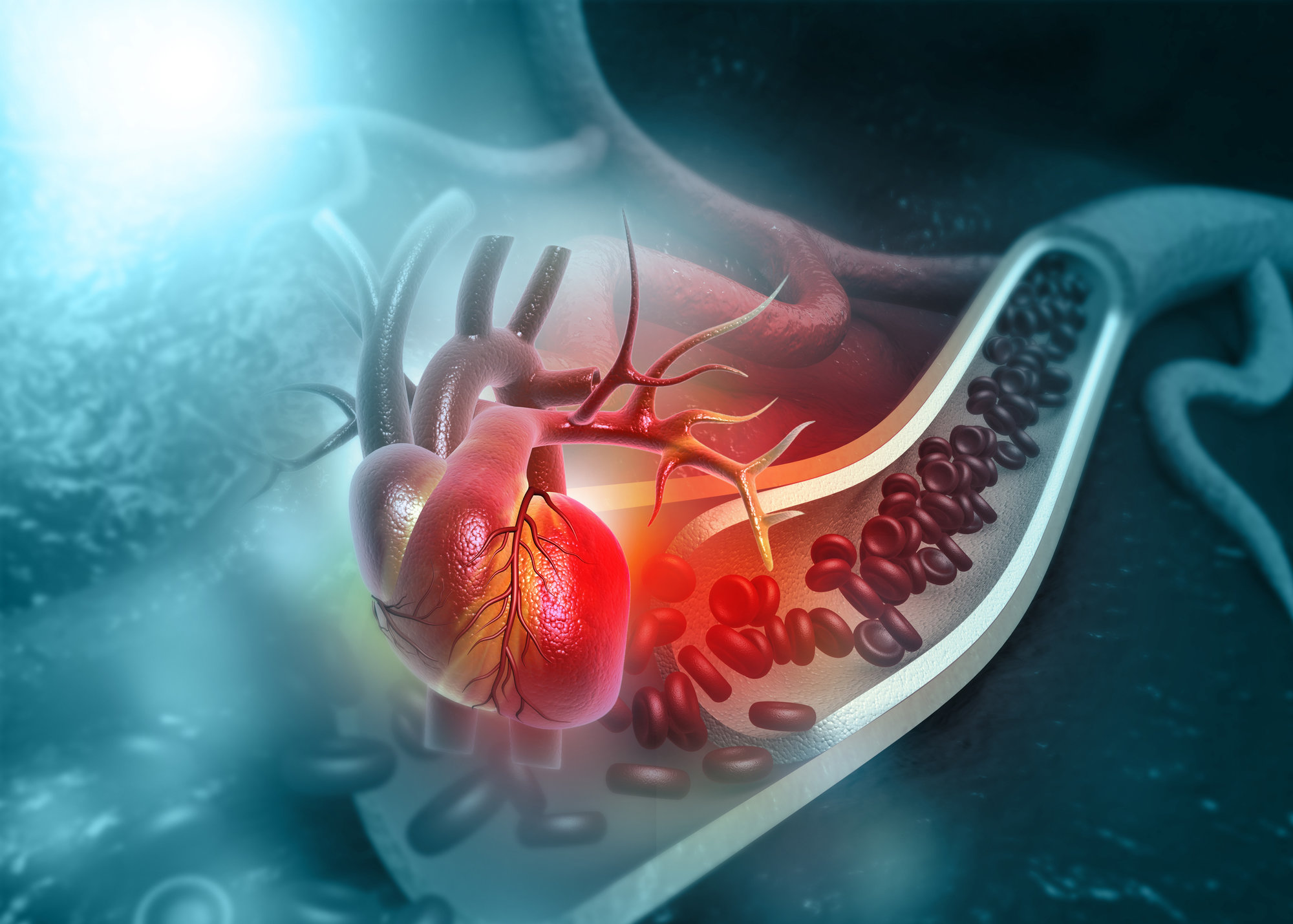
When to See a Doctor About Chest Pain
Even though an aching heart doesn’t always mean you have heart problems, you should never ignore chest pains. This is especially true if the pain is new, becomes very severe, or doesn’t go away.
Doctors from the Cleveland Clinic recommend seeking prompt medical attention in the following situations:
-
Squeezing discomfort in the center of your chest.
-
Feelings of pressure in your left arm, back, jaw, neck, or upper abdomen.
-
Unrelenting chest pain that lasts for a few minutes.
-
Shortness of breath, nausea, or cold sweats.
-
Heart pain that gets worse with exercise.
-
Situations where your heart hurts randomly but the pain is very severe.
News in the same category


Officials Warn Tourists As Giant Toxic Jellyfish Washes Ashore At Popular Beach
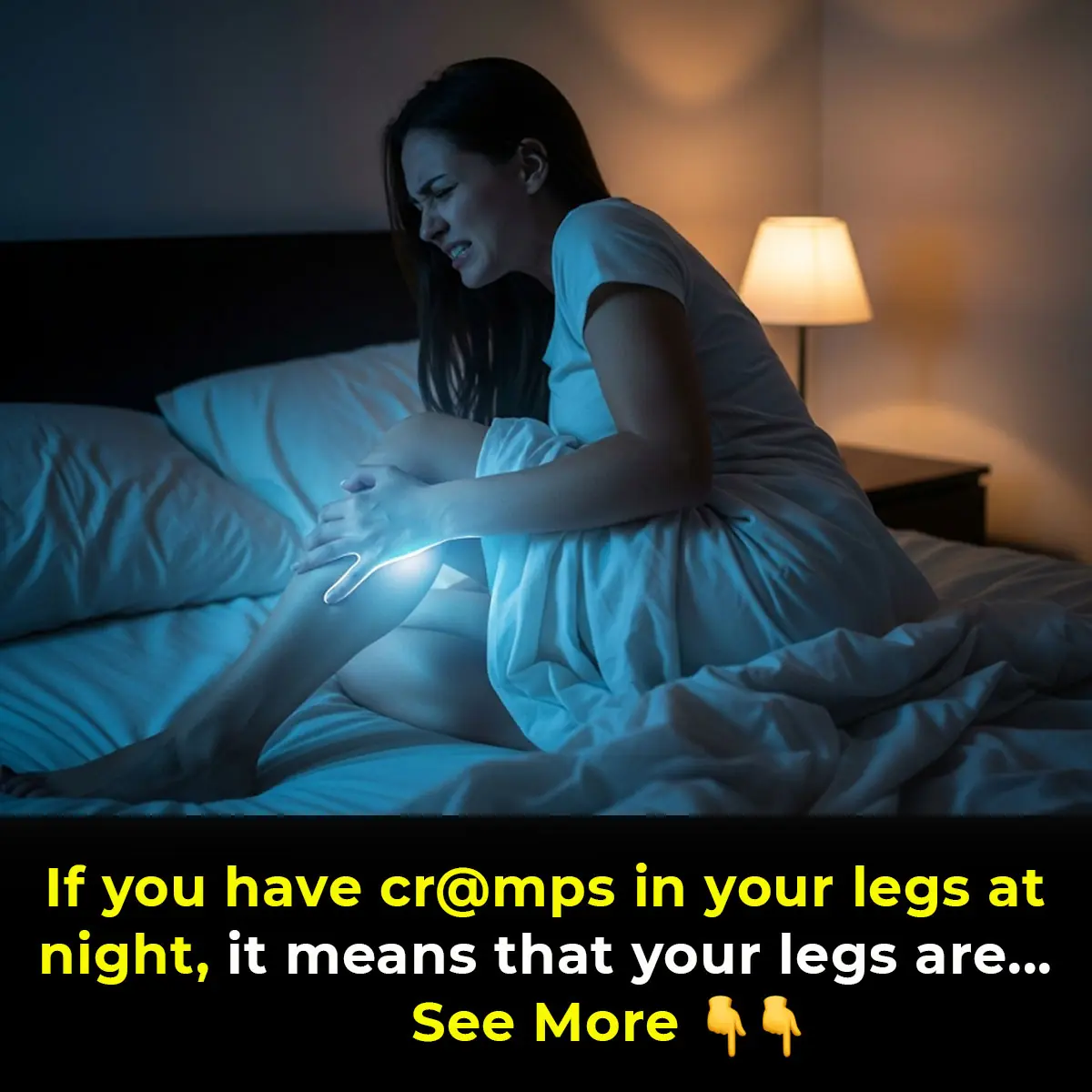
When Nighttime Leg Cramps Become a Concern
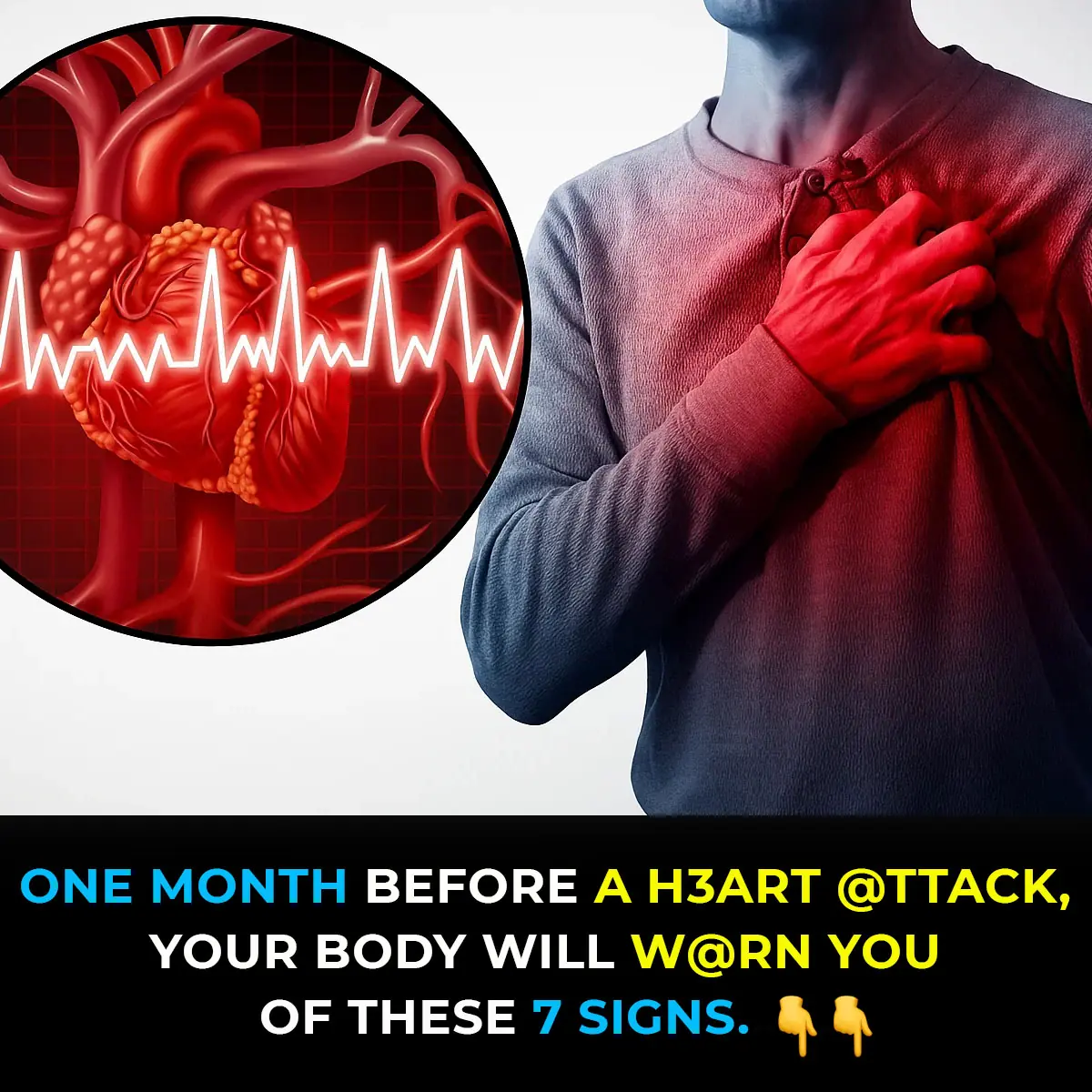
One Month Before A Heart Attack, Your Body Will Warn You Of These 7 Signs
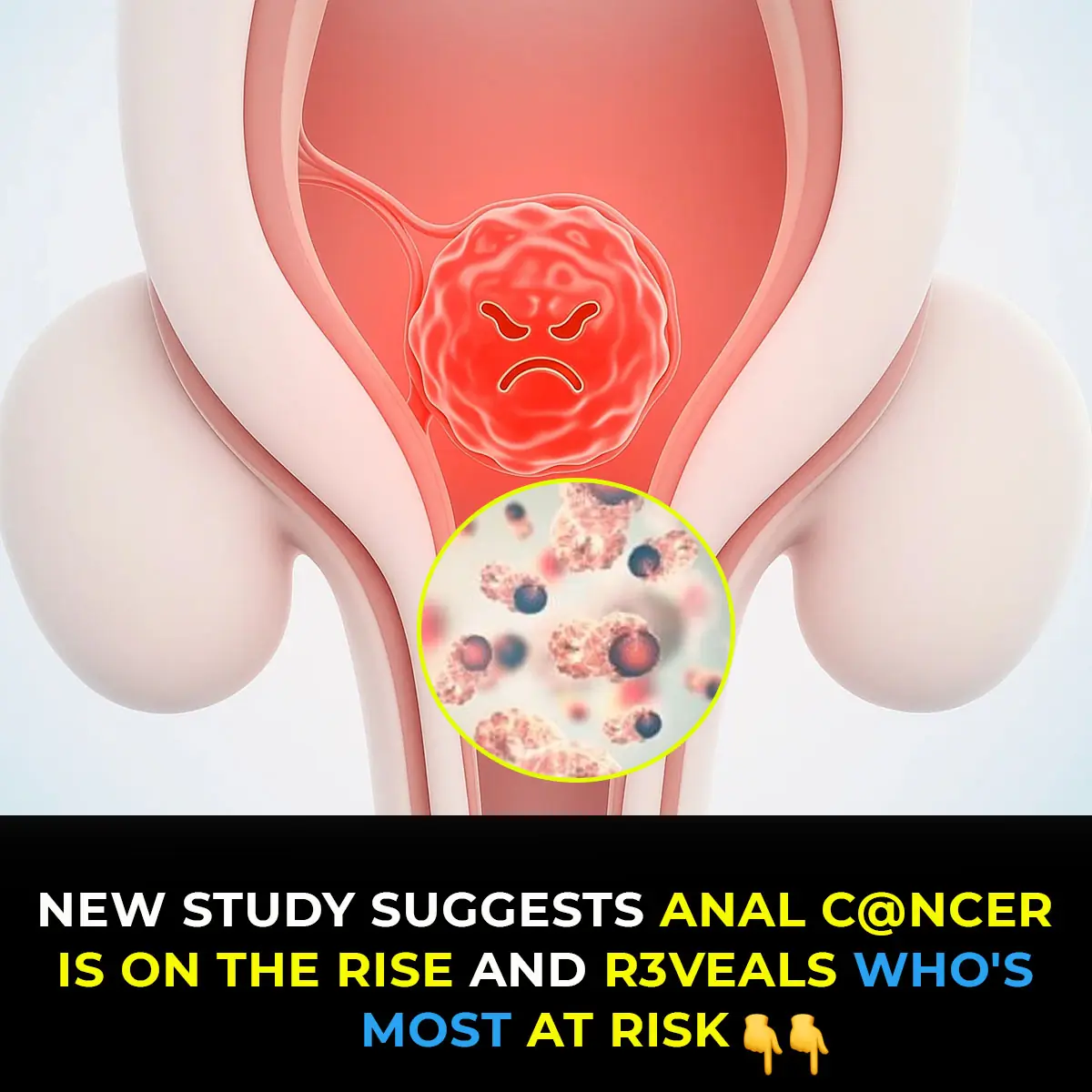
Researchers Sound Alarm Over Surge In Anal Cancer And High-Risk Populations

5 Things Doctors Say You Should Never Give Your Kids to Help Prevent C@ncer
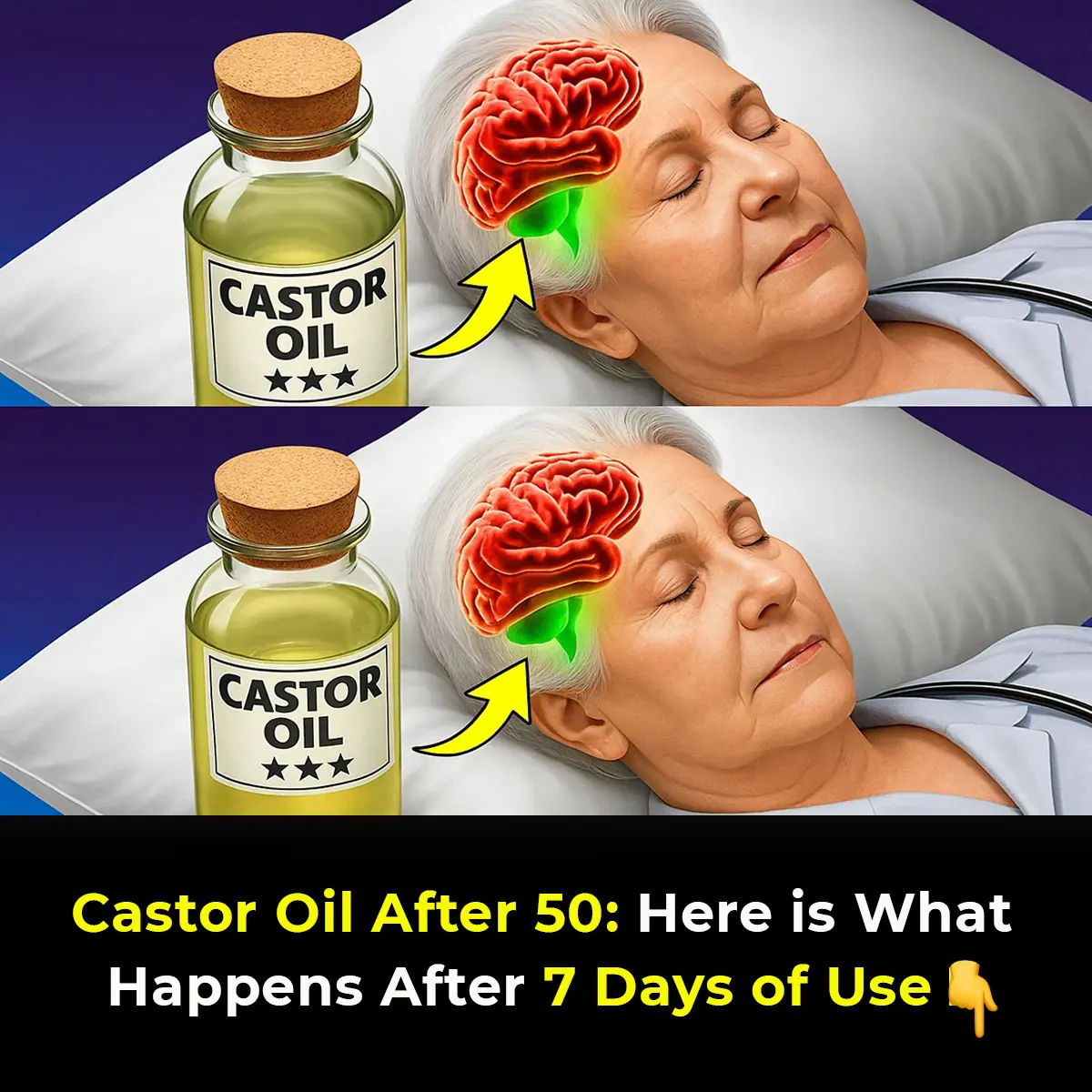
6 Powerful Castor Oil Benefits for Your Health and Wellness
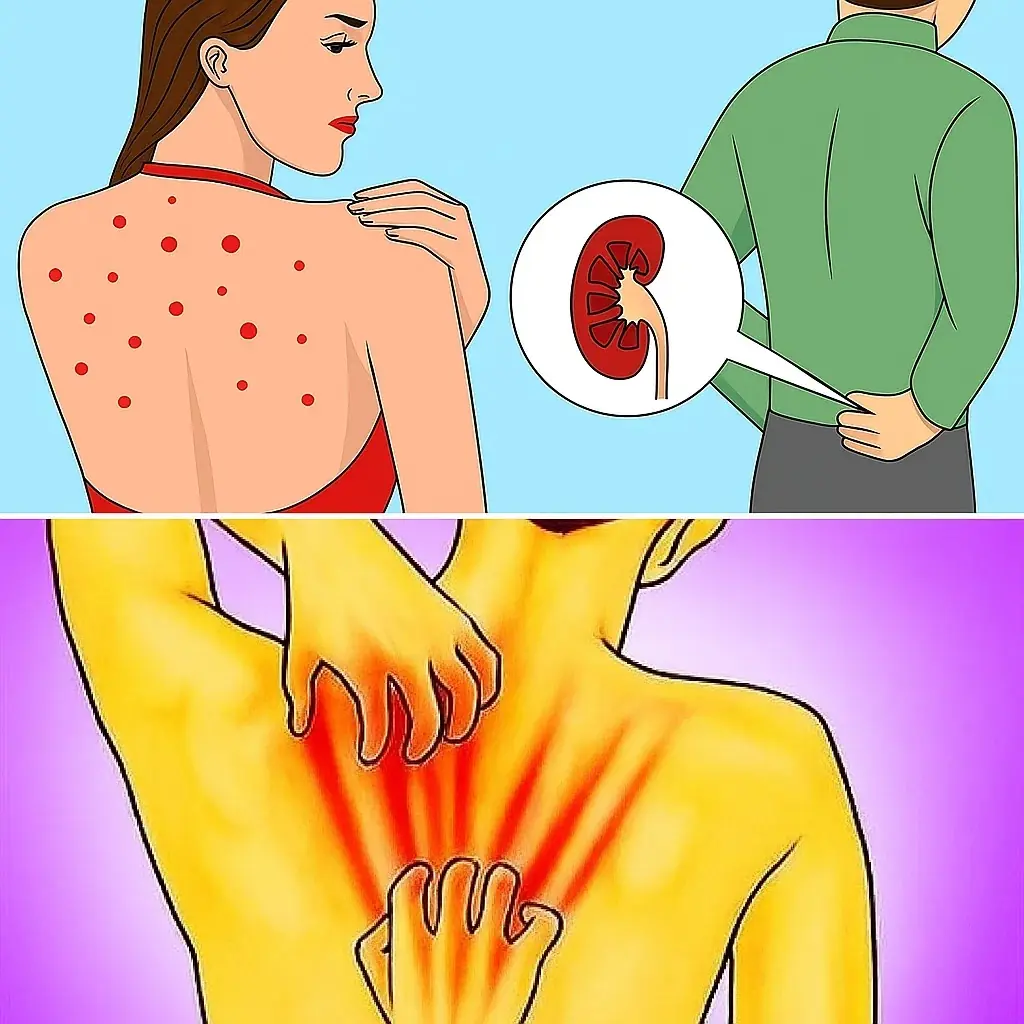
10 Warning Signs Your Kidneys May Be in Serious Danger
Your kidneys quietly work around the clock to keep your body in balance, but when they start to fail, the symptoms can be subtle and easily overlooked. Spotting these early warning signs could save your health—and even your life.
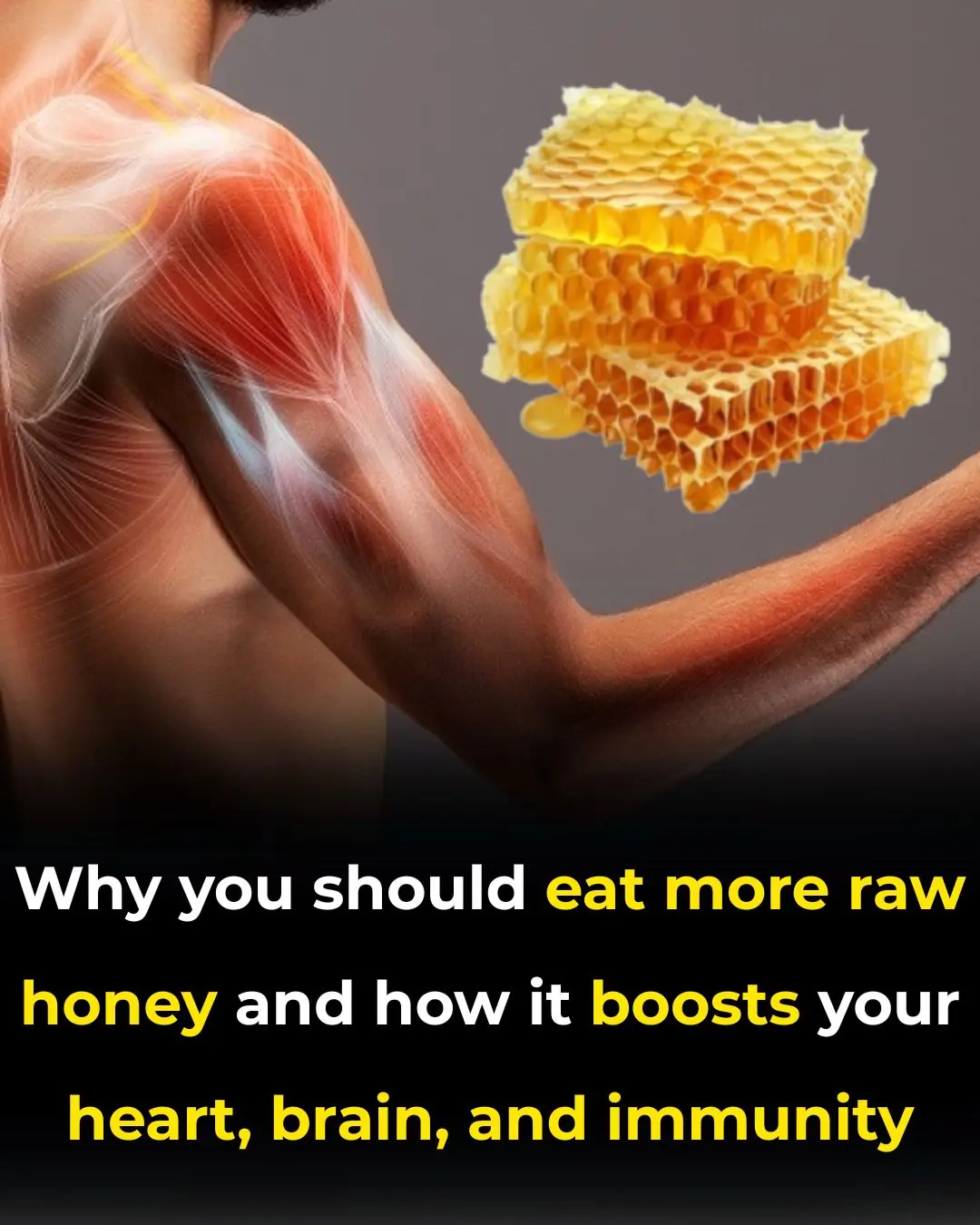
Evidence-Based Health Benefits of Honey (Raw, Pure, Natural) + Turmeric Golden Honey Recipe
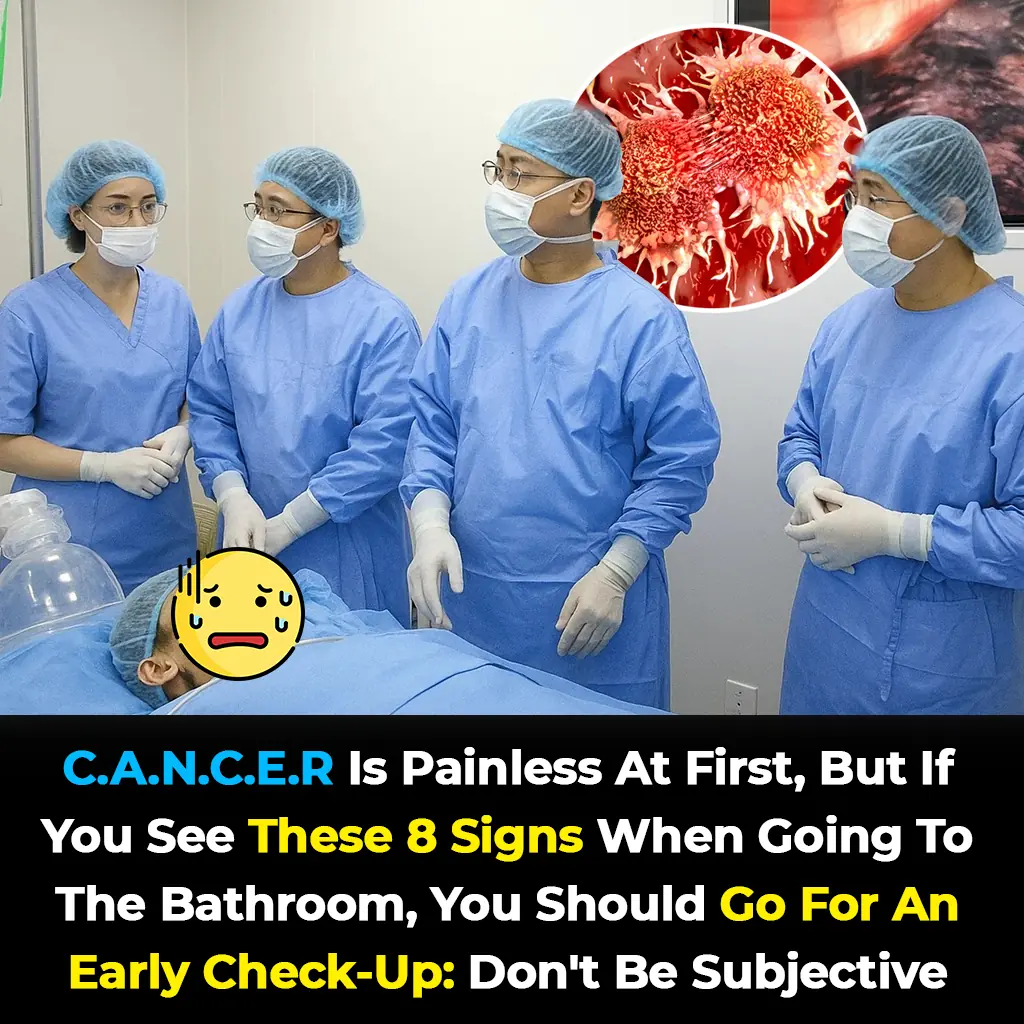
Cancer Is Painless At First, But If You See These 8 Signs When Going To The Bathroom, You Should Go For An Early Check-Up
Changes in bowel movements can sometimes be an early red flag for colon cancer, even when other symptoms seem absent. Understanding what’s normal — and what isn’t — could make all the difference in getting timely help.
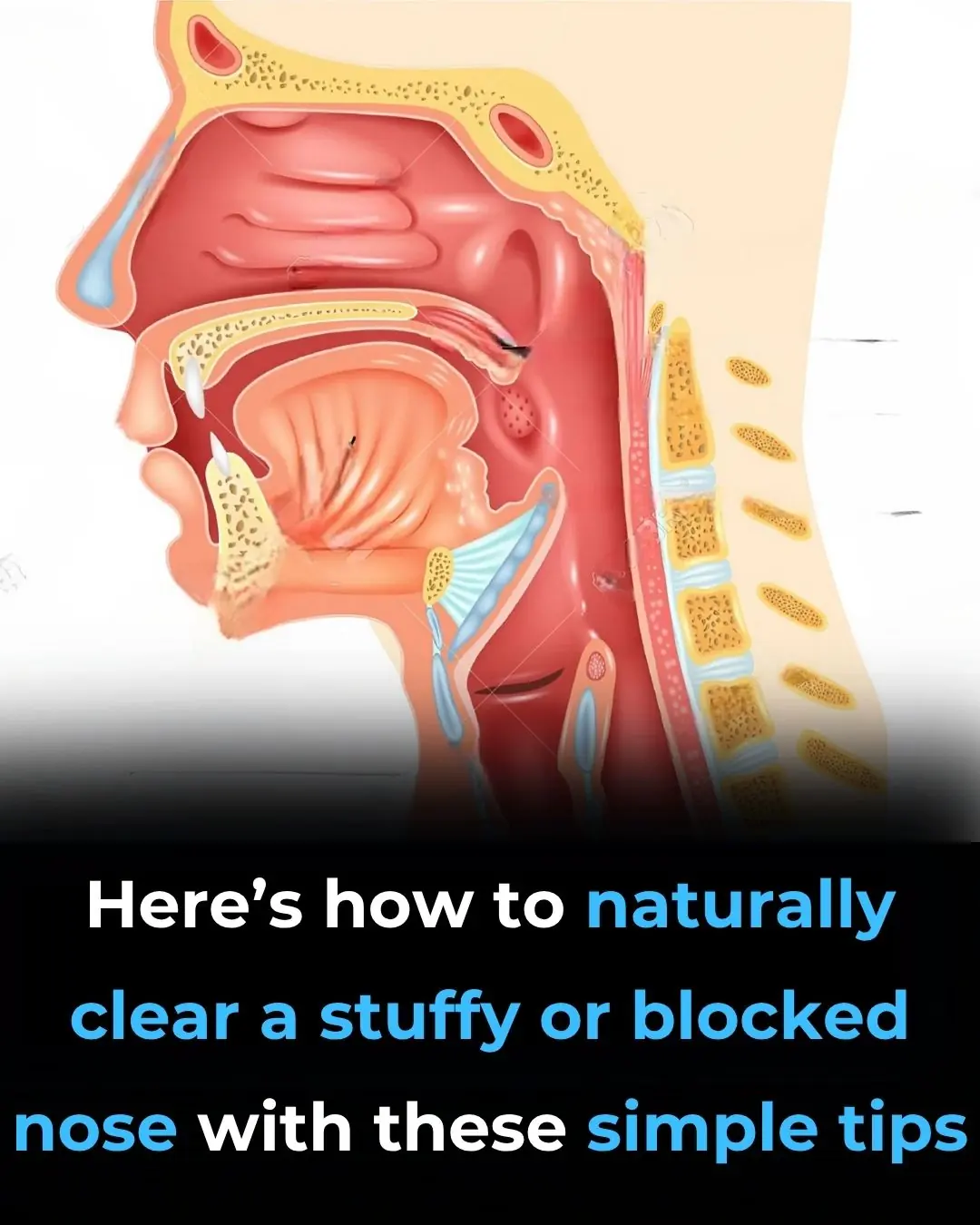
Home Remedies for Blocked and Stuffy Nose
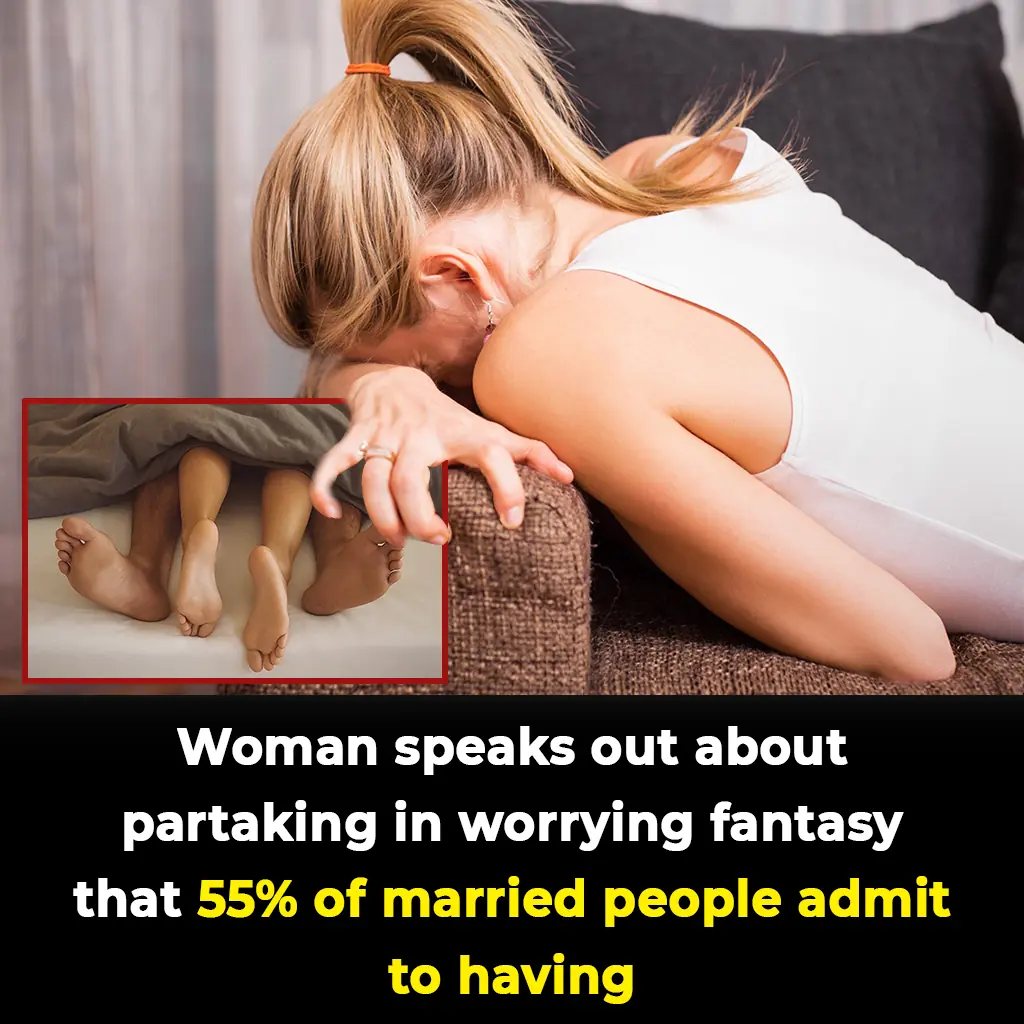
Woman Reveals the Sh0cking Fantasy Over 50% of Married People Secretly Admit To Having
Over half of married people admit to secretly fantasizing about an ex — a habit experts say can trigger emotional detachment and strain current relationships. While revisiting old memories may feel harmless, psychologists warn it could signal deeper iss
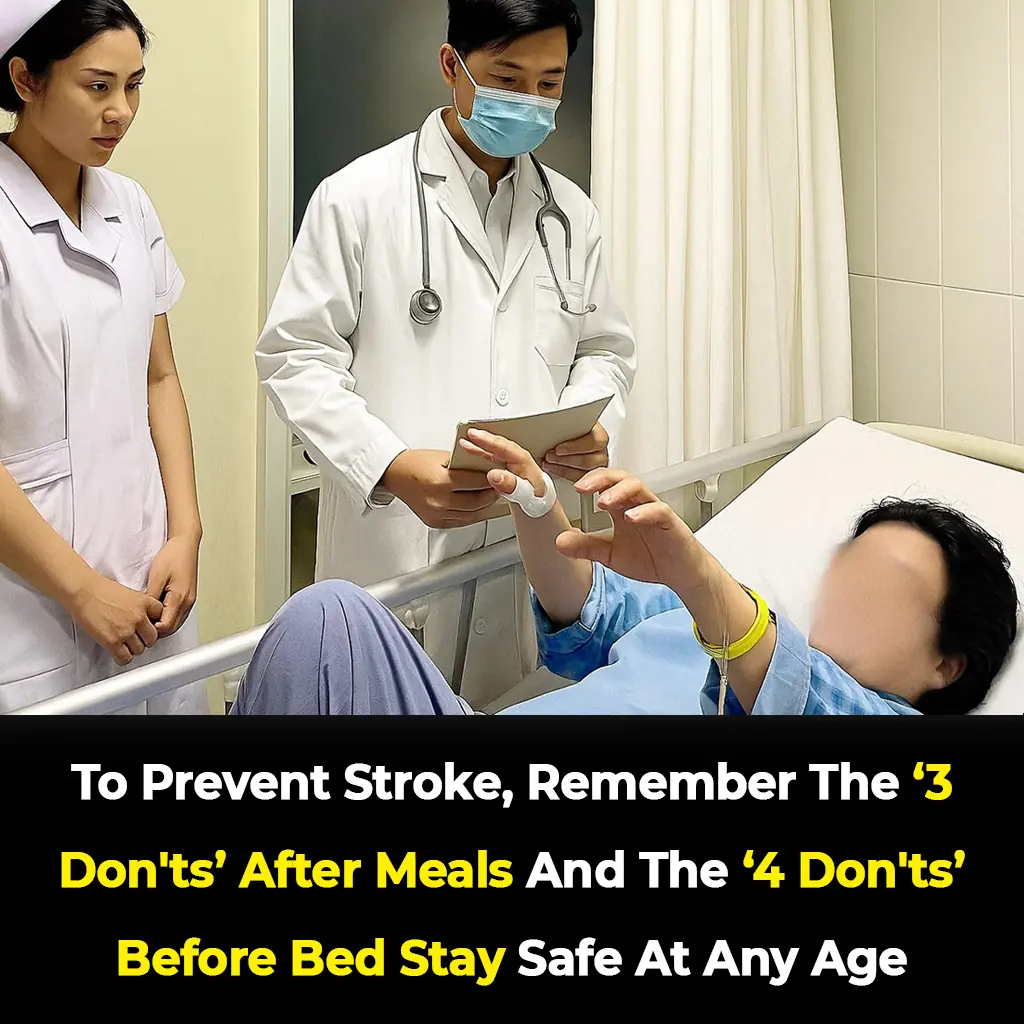
Doctors Warn 3 “Don’ts” After Meals—And 4 “Don’ts” Before Bed To Prevent Stroke At Any Age
Up to 80% of strokes can be prevented, and the key lies in small daily habits — especially right after meals and before bedtime. Science now reveals 3 post-meal and 4 pre-bed “don’ts” that can protect your brain, heart, and long-term health at any
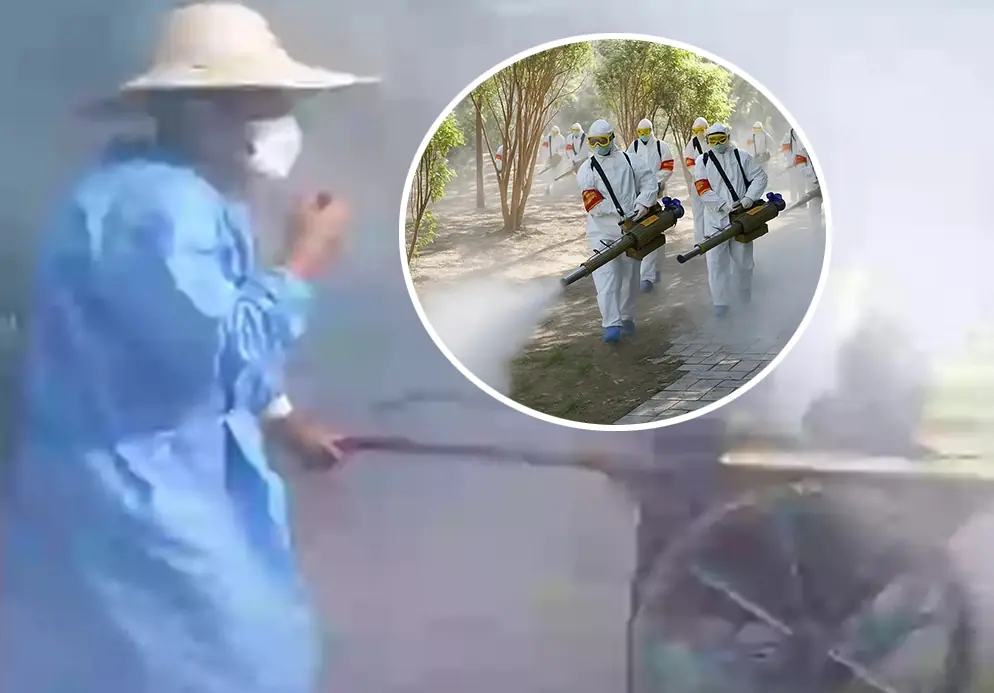
Symptoms of Chikungunya virus revealed as China takes 'COVID measures' after reporting 7,000 cases
China is on high alert after more than 7,000 Chikungunya virus cases were reported across 13 cities in Guangdong, prompting swift containment measures. Unlike COVID-19, this mosquito-borne disease spreads through bites, but its painful symptoms and rapid
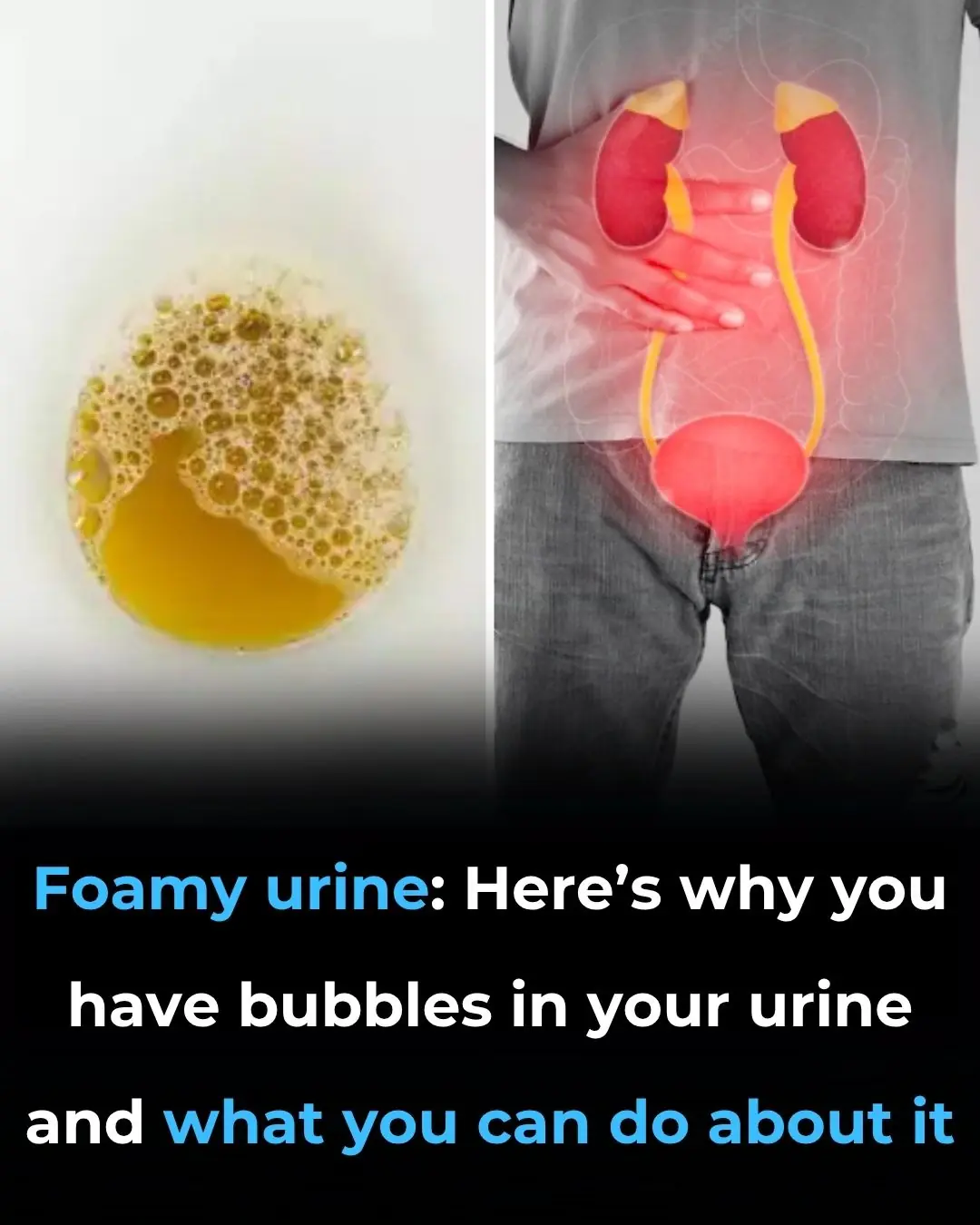
Foamy Urine: Here’s Why You Have Bubbles in Your Urine
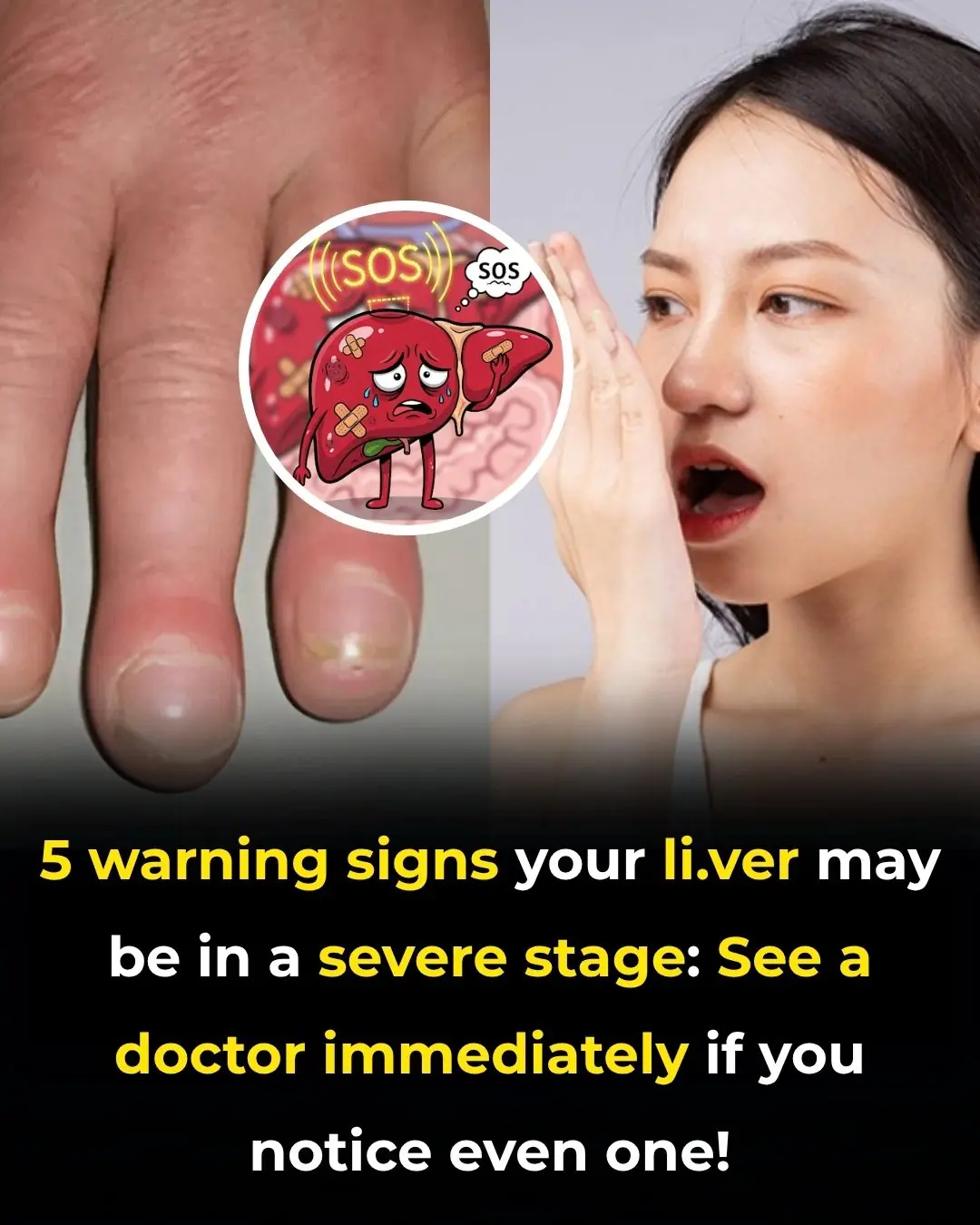
Bruising Easily? Itchy Skin? 5 Hidden Signs of Liver Damage You Might Be Overlooking

Proven Health Benefits of Turmeric and Honey (Golden Honey) – Evidence Based
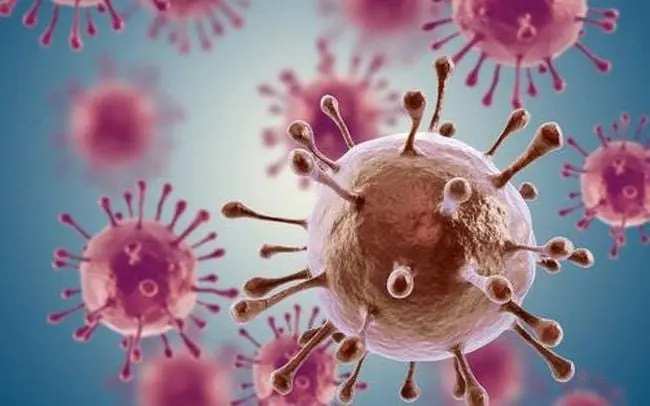
The 20 Most Potent Cancer-Fighting Foods Hiding in Plain Sight

You’re Drinking Water Every Day but This One Mistake Is Costing You

If Your Partner’s Breath Is Brutal, Just Make This One-Ingredient Fix This Morning
News Post
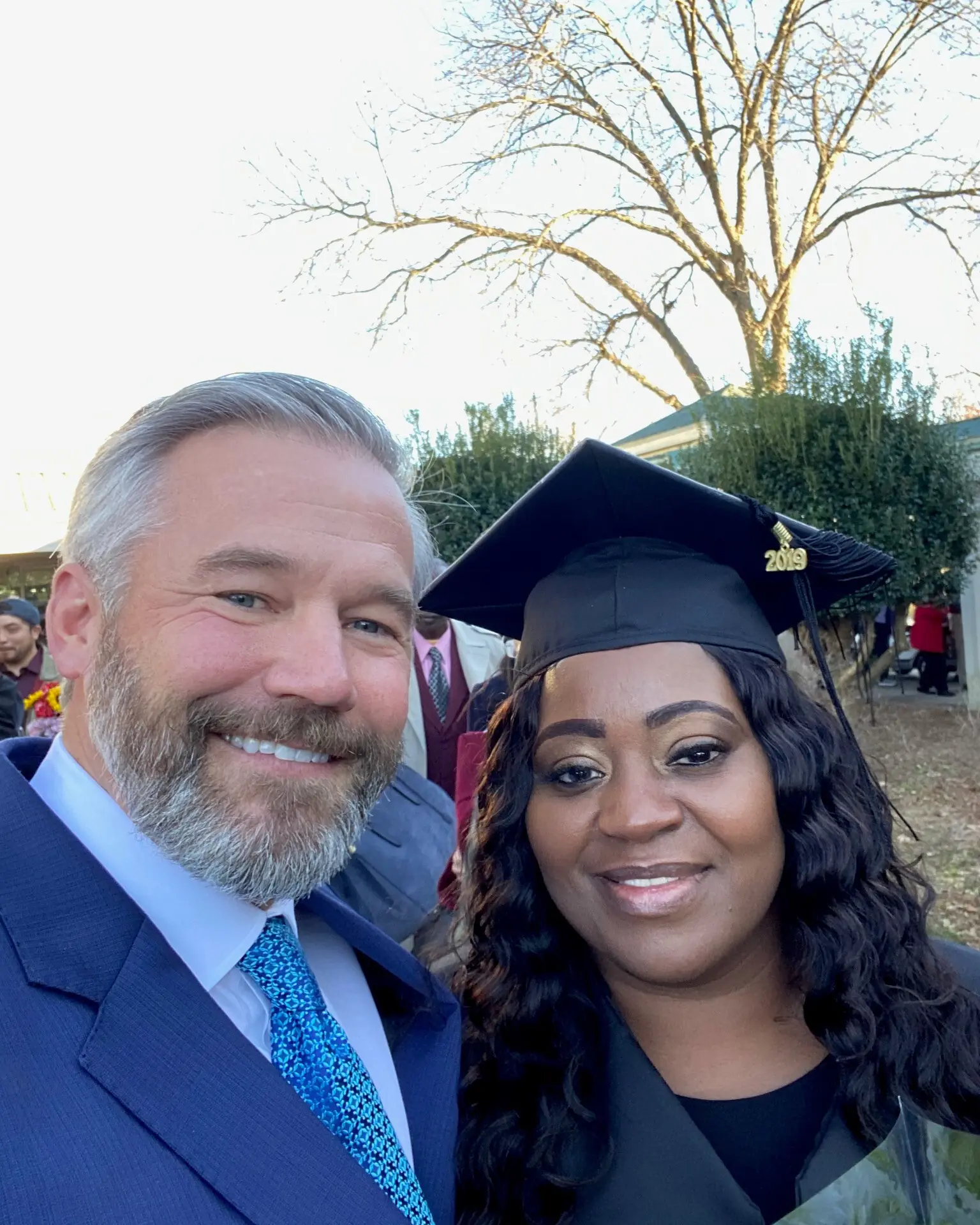
A Late-Night Uber Ride That Changed a Life.

The Only Thing My Late Dad Left Me Was a Rusty Key, and I Thought It Was a Joke Until My Cousin Offered Me $10,000 for It – Story of the Day

You Should Never Ignore These 9 Things Your Fingernails Reveal About Your Health

Scientists Warn Foot-Long “Demonic Flesh-Eating” Worms Are Invading The U.S.—Here’s What To Do

Officials Warn Tourists As Giant Toxic Jellyfish Washes Ashore At Popular Beach

When Nighttime Leg Cramps Become a Concern

One Month Before A Heart Attack, Your Body Will Warn You Of These 7 Signs

Coca‑Cola Fires Back After Trump Claims He Switched The Coke Recipe

Researchers Sound Alarm Over Surge In Anal Cancer And High-Risk Populations

5 Things Doctors Say You Should Never Give Your Kids to Help Prevent C@ncer

6 Powerful Castor Oil Benefits for Your Health and Wellness

A Wild Kingfisher, Three Generations, and the Unspoken Language of Love.

More Than a Win: The True Victory of the Cooma North Boys.

Moment two AI agents realise they're talking to another AI and switch to their own bizarre language

Woman earns hundreds every day just by sitting in New Yorker's cars

My Husband Threw Away the Chicken I Cooked Saying 'You'll Thank Me Later' – When I Found Out Why, I Filed for Divorce

The Ride That Changed Everything.

My Sister Brought My Ex to My Wedding and I Was Stunned, but Then Her Speech Changed Everything – Story of the Day

10 Warning Signs Your Kidneys May Be in Serious Danger
Your kidneys quietly work around the clock to keep your body in balance, but when they start to fail, the symptoms can be subtle and easily overlooked. Spotting these early warning signs could save your health—and even your life.
